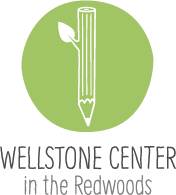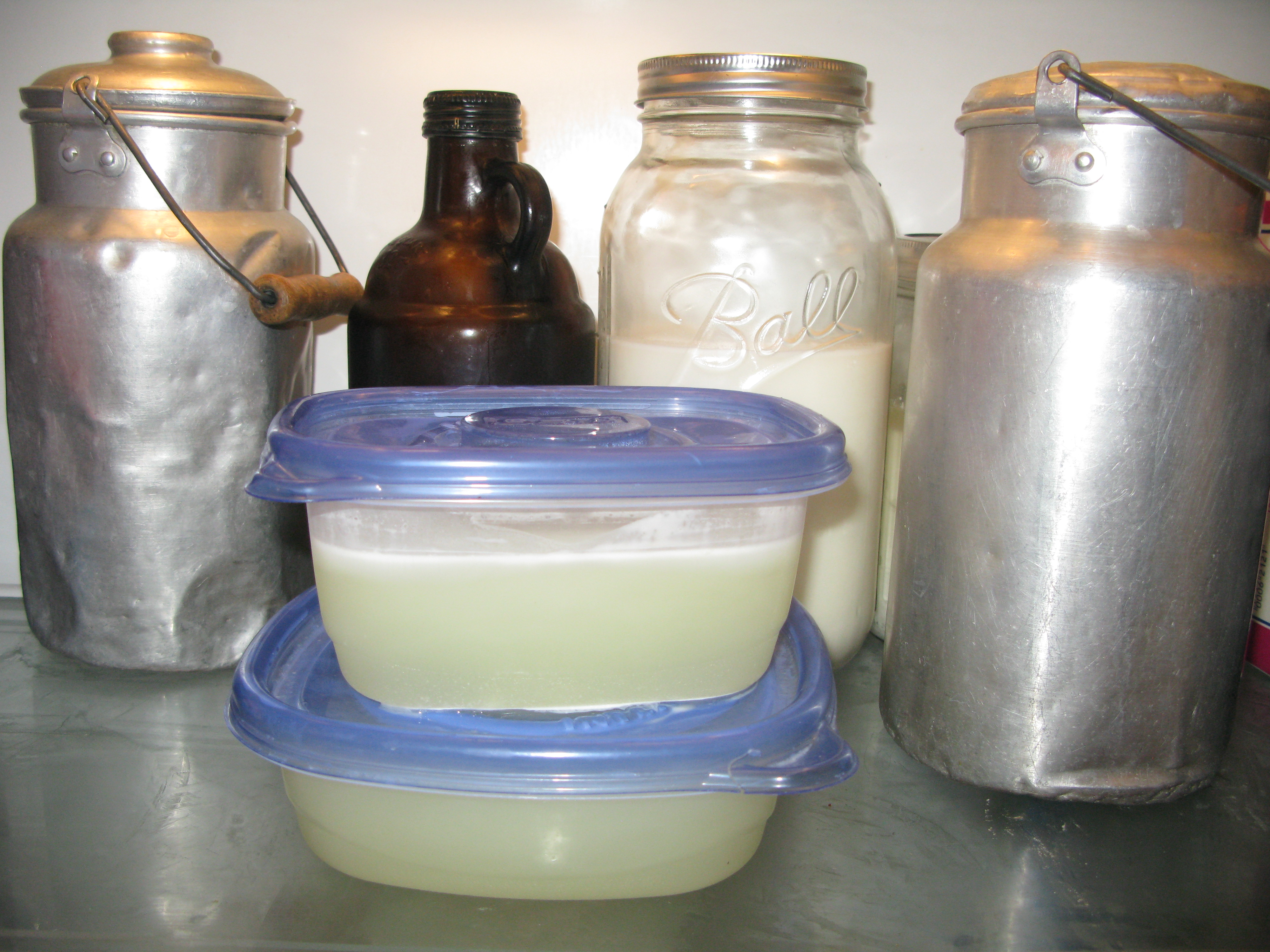I love Los Angeles, and I love Hollywood. They’re beautiful. Everybody’s plastic, but I love plastic. I want to be plastic.
Andy Warhol
One of my first jobs growing up in San Jose was working the counter at the McDonald’s down the street. I enjoyed the job and felt no shame about cheerfully inquiring “Fries or coke with that today?” or handing over a bag full of greasy junk food. I remember being fascinated by the little white plastic stirring spoons we would hand out with coffee, thinking them the very picture of progress.
It made sense: I’d grown up playing with toys made of plastic. Blue plastic, black plastic, white plastic, red plastic – plastic was everywhere. The famous line in “The Graduate” when a friend of the family drags the young Dustin Hoffman character out by the pool to tell him he has one word for him – “Plastics!” – was funny by the time I saw the movie in the ’70s because it was so obvious. Of course plastics had a big future, as the man had said!
Grocery stores used to have only paper bags and then suddenly it was “Paper or plastic,” which seemed some kind of advance. What was not to like about plastic? I could loop those plastic bags over the handle bars of my Schwinn Stingray and ride home from the store. We recycled aluminum cans at the time, so I was aware of the idea of recycling, but plastic seemed exempt. It was cool, a symbol of modernity. Plastic was a lifestyle, it was a break with the past, it was unstoppable.
“Plastics freed us from the confines of the natural world, from the material constraints and limited supplies that had long bounded human activity,” Susan Freinkel wrote in her 2011 book “Plastic: A Toxic Love Story.” “That new elasticity unfixed social boundaries as well. The arrival of these malleable and versatile materials gave producers the ability to create a treasure trove of new products while expanding opportunities for people of modest means to become consumers. Plastics held out the promise of a new material and cultural democracy.”
Plastic has worked wonders, it’s true, making possible everything from pacemakers to solar panels. The fault, dear Brutus, is not in our plastics, but in ourselves. We go overboard. We get addicted to convenience. The amount of plastic produced in the last decade was more than in the entire century before that, in large part because so much plastic is wasted with one-time usage.
Think about it: Animals and plants that lived and died millions of years ago were eventually compressed into petroleum or natural gas. The hydrocarbons lay in wait all those years, and then were pulled up and used to make plastic. If we do something worthy with that plastic, it makes sense. But in our disposable culture, we use and discard, use and discard. California’s new law on shopping bags was a nice start, but what’s needed is a widespread new mindset.
Heedless waste of plastic is part of a larger mentality of ignoring the consequences of our actions, and almost all of us could do a lot better. The environment will be better off – but so will we.
Here are author Susan Freinkel’s five suggestions for improving our relationship with plastic.
1. Refuse single-use freebies: Bring your own bag when shopping. Carry a travel mug for your daily caffeine fix. Tell your waiter you don’t need a straw.
2. Reuse where possible: Give that sandwich baggie a week’s workout; use that empty yogurt tub for leftovers.
3. Quit the bottled water habit. You can stay just as hydrated with a reusable bottle made of stainless steel, aluminum, or BPA-free plastic.
4. Learn what you can recycle. Find out what plastics your community recycler accepts. Explore other recycling resources: UPS stores will take back shipping peanuts; many grocery chains will take used bags and plastic film; many office supply chains will take back used printer cartridges.
5. Don’t cook in plastic. Heat can cause hazardous chemicals to leach out of some polymers, so transfer food to glass before microwaving.
Good tips. We put many of them in to practice at the Wellstone Center in the Redwoods – but we could do better. Who else has other tips on how to improve our relationship to plastic?
– Steve Kettmann, co-founder, WCR
Steve’s earlier blogs:
Remembering Those We’ve Loved and Lost
Were You Kind to Someone Today?


